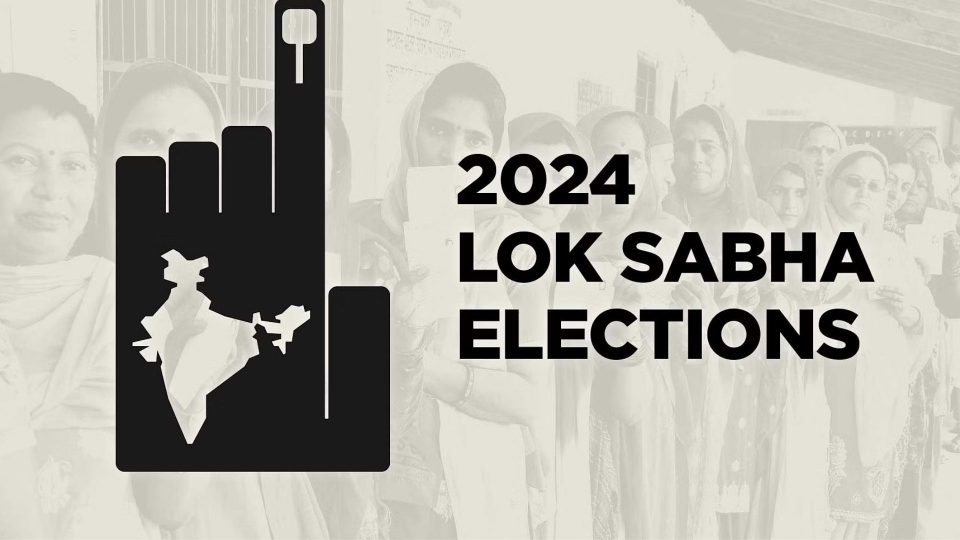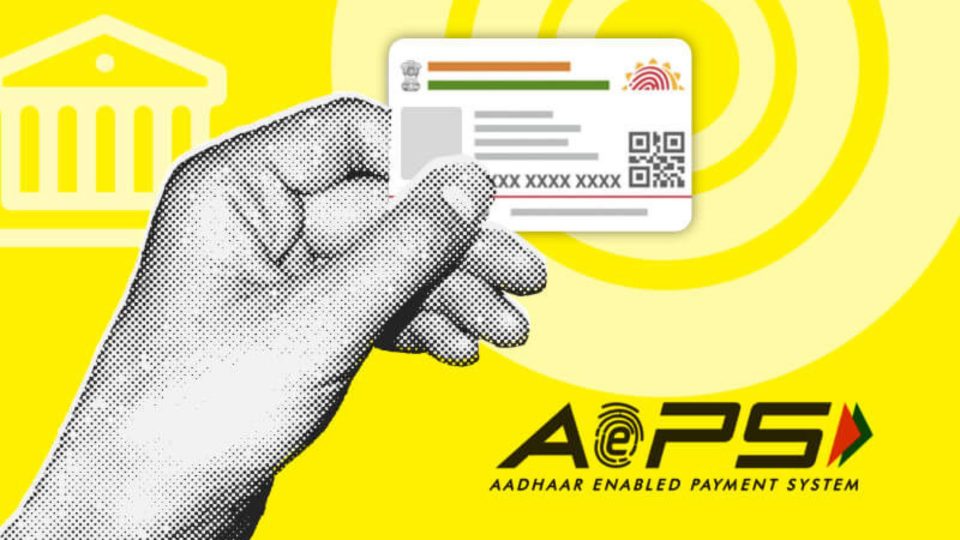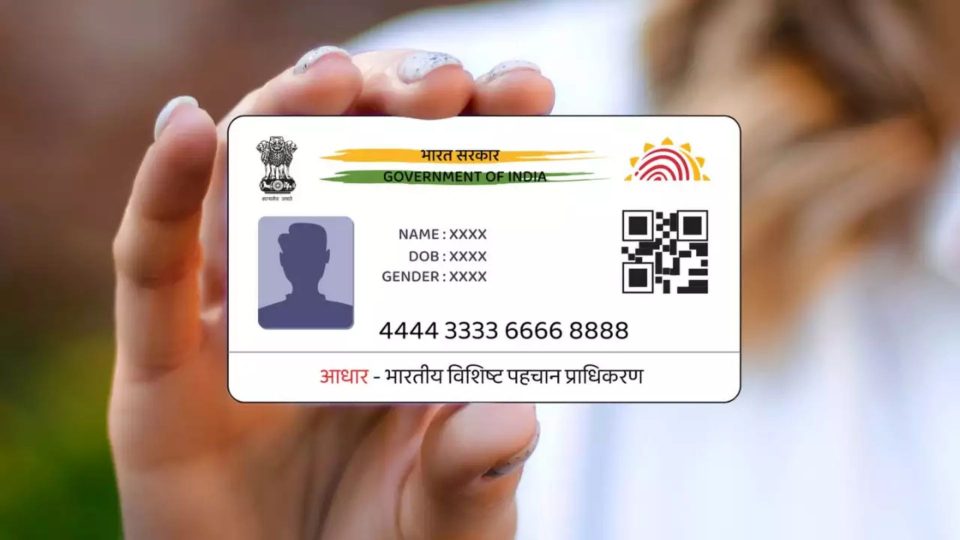The National Saving Certificate (NSC) and a five-year Fixed Deposit (FD) in banks are like financial freedom doors, they not only keep your money safe but also come with tax benefits because of their five-year commitment.
In the latest update for July-September, NSC now offers a solid 7.7% interest rate, way higher than what most banks, like State Bank of India or SBI and ICICI Bank, provide 3% to 7.10% p.a.. Even HDFC Bank offers rates between 3% to 7.25%. So, these heroes stand out in the financial crowd!

Bank FDs or National Savings Certificate (NSC)
The National Savings Certificate (NSC) is like a money cocoon you can find at the post office. It’s backed by the Indian government and is a safe bet for your savings. To get in on the action, just head to the post office. You can start with ₹1000 and add more in chunks of ₹100. The cool part? There’s no limit to how much you can stash away in this savings scheme.
Looking to invest? Check out fixed deposit schemes in banks and post offices. You can choose a tenure from 7 days to 10 years, but if you want tax benefits under section 80C, go for the five-year lock-in. Keep in mind that interest rates can vary between banks, so it’s good to check each one separately.
Which One to Choose as an Investment Option?
Interest
In NSC, your interest grows in secret and surprises you at the end. But in an FD, you get to choose: do you want a little interest every month or every quarter, or do you prefer the whole surprise package at the end?
Compounding
In NSC, interest grows once a year, like a yearly surprise. But in FD, it’s like a mini celebration every three months, with interest adding up.
Renewals
Once the National Savings Certificate (NSC) completes its five-year gig, that’s the end of the show. But with term deposits, it’s like a never-ending story—they automatically renew for another round.
Also read:
LIC’s Most Profitable Investment Scheme for Females: Turn Your ₹29 into ₹4 Lakh
Interest Rate in Lock in Period
When you buy the certificate, the interest rate sticks around for the entire five years—no surprises. Meanwhile, with bank FDs, you’ve got options, ranging from a short seven days to a long ten years.
Tax Rules
With both options, you get Section 80C benefits of up to ₹150,000 in a year. But here’s the catch: the five-year bank FD is the only one that unlocks this tax-saving perk.




